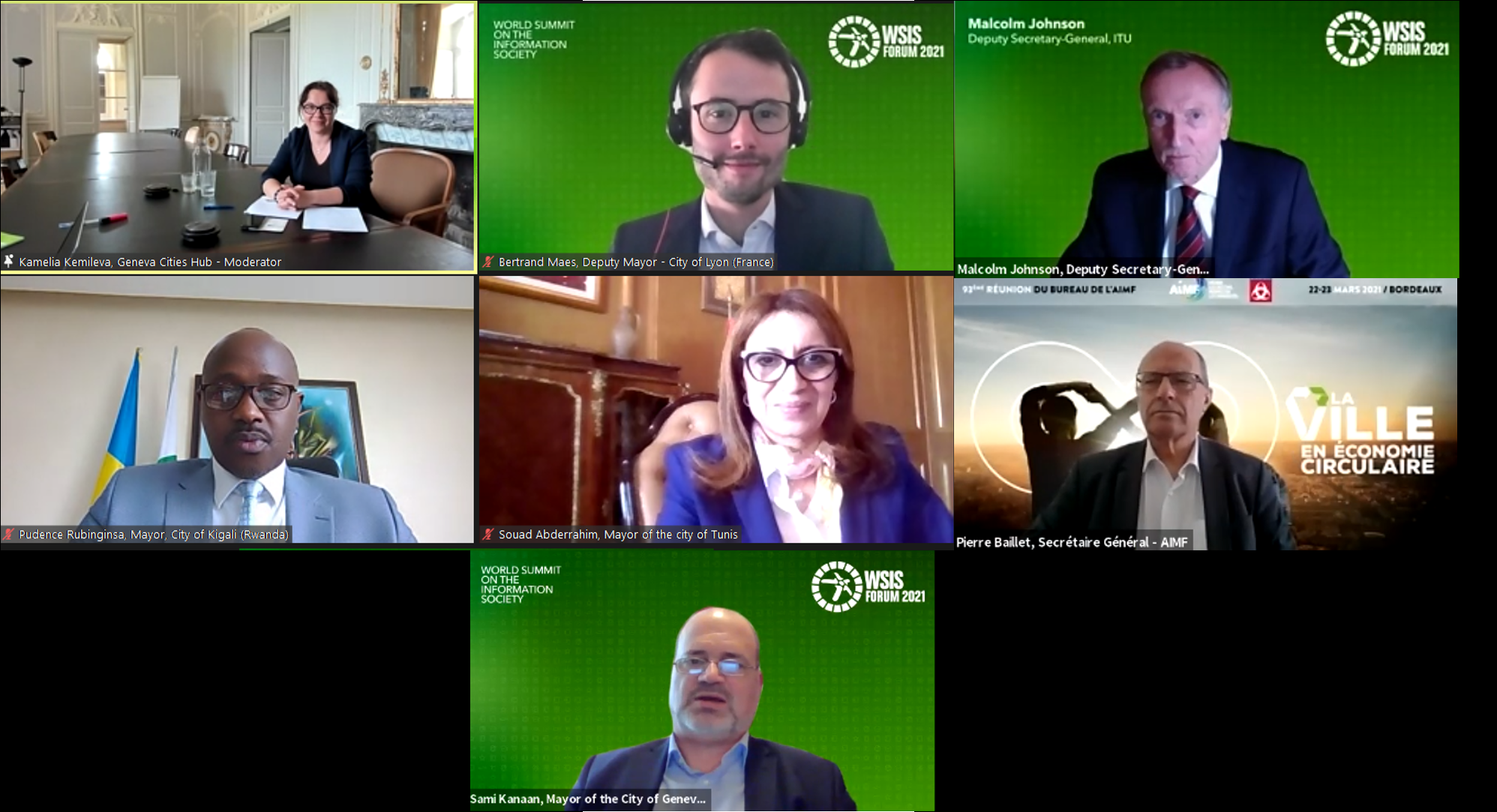Inclusive and responsible digitalization in the city
Association Internationale des Maires Francophones; Geneva Cities Hub
Session 382
Digital tools have been part of people’s daily lives for years in all areas ranging from work, housing, transportation, health, education, culture, social rights, etc. These tools now cover all areas of human development. The current health crisis has further accelerated the spread and usage of these tools. They have become major pillars of resilience in our cities, enabling the continuous delivery of essential services and information to urban dwellers. Local authorities have also increasingly been using these tools in a variety of ways: to provide information to their population, to engage them, to optimize the management of their facilities and infrastructure, to develop their economy and their attractiveness.
The development of digital technologies is unquestionably positive for both local authorities and their populations. However, this phenomenon raises the question as to what constitutes public interest and what is the role of local authorities in this respect. Beyond the immediate benefit they provide, these digital transformations have implications that are not only restricted to technical issues. For instance, one might question to what extent these technologies are inclusive and what is their environmental footprint:
Inclusion: the recent health crisis has shown that the most vulnerable groups were also those who faced the greatest difficulty in accessing the resources offered by Internet (online teaching, administrative procedures, etc.). In those cases, digital technology has amplified existing social inequalities. Yet, digital technology has the potential to offer many opportunities for inclusion. It can provide more learning tools, democratize access to knowledge, and support innovation.
Environment: while the recent health crisis has promoted digital technologies as a way to limit human mobility and the resulting pollution, resorting to these technologies has also led to increased energy consumption. Indeed, the environmental footprint of digital technologies is now equal to that of air transportation and will undoubtedly continue to grow. Therefore, cities have to question their digital choices and balance digital technologies vs. non-digital solutions.
Digital technologies provide many solutions in relation to the delivery of services to the population, but they have to be examined through the lenses of inclusion and the preservation of the environment. It is a balancing act that has to be rooted in dialogue involving all levels of government, civil society and other relevant stakeholders. The proximity of local authorities and their capacity to directly interact with their population position them as a privileged vector of dialogue between States, civil society and others to collectively work on solutions to strengthen digital inclusion and sobriety.
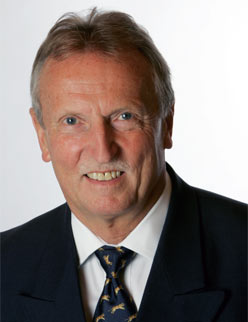

Born in 1964 from a Lebanese father and a Swiss mother, Sami Kanaan is multilingual. His life course is divided between Lebanon, Greece and Switzerland. He graduated in Physics and in Political Science.
Sami Kanaan has been a member of the social-democratic party since 1988, elected to the parliament of the City of Geneva, between 1997 and 2001, and to the parliament of the Canton of Geneva between 2001 and 2005. In the spring of 2011, he is elected to Geneva’s City Hall, in charge of the Department of culture and sports.
Since 2016, he chairs the federal Child and Youth Commission and is Vice-President of the Swiss Union of Cities and the Geneva Union of Cities. He is a member of the AIMF Bureau and the President of the Geneva Cities Hub.

Kamelia, holding an MBA, has in-depth experience in executive administration of non-profit organisations. She is also a lawyer, specialized in Swiss law relevant to international organisations and international public law, including expertise on the United Nations intergovernmental bodies.
Before joining the Geneva Cities Hub, Kamelia was namely Executive Manager at the Geneva Academy. Before this she worked as Special Assistant to the President of the UN Human Rights Council for three years. She was also a Visiting Programme Director at Wilton Park. Previously to that, she also worked at the Swiss Ministry of Foreign Affairs and the Permanent Mission of Switzerland to the UN Office at Geneva. In 2002, she was part of the Office of the UN High Commissioner for Human Rights in New York.
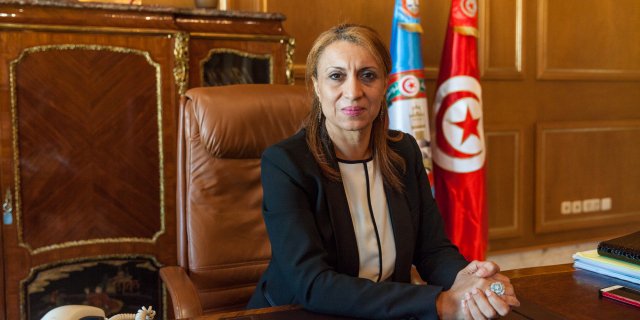
Graduated from the Faculty of Pharmacy of Monastir, Ms. Souad Ben Abderrahim has made a professional career in the private sector. As a student, she was involved in the militant life and was victim of her stance against the dictatorship. After the 2011 revolution, she was elected to the National Constituent Assembly, heading the list of the Ennahdha party. She chairs the parliamentary committee on human rights and freedoms. Elected to the mayor's office of Tunis in 2018, she became the first woman mayor of Tunis and in this capacity she chairs the National Federation of Tunisian Cities. Ms. Souad Ben Abderrahim is married, mother of two children and has been awarded the insignia of Knight of the Tunisian Order of Merit in 2014.
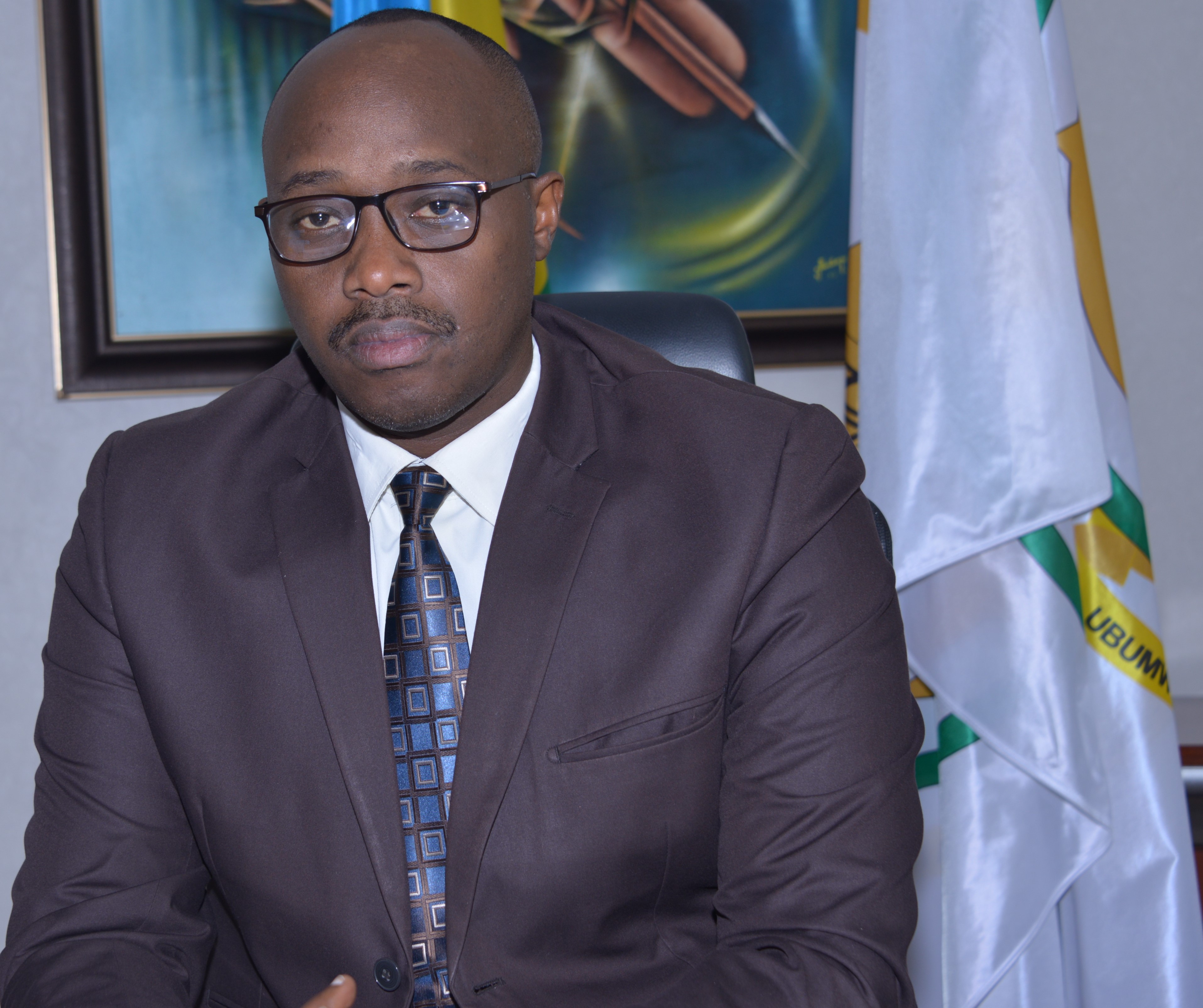
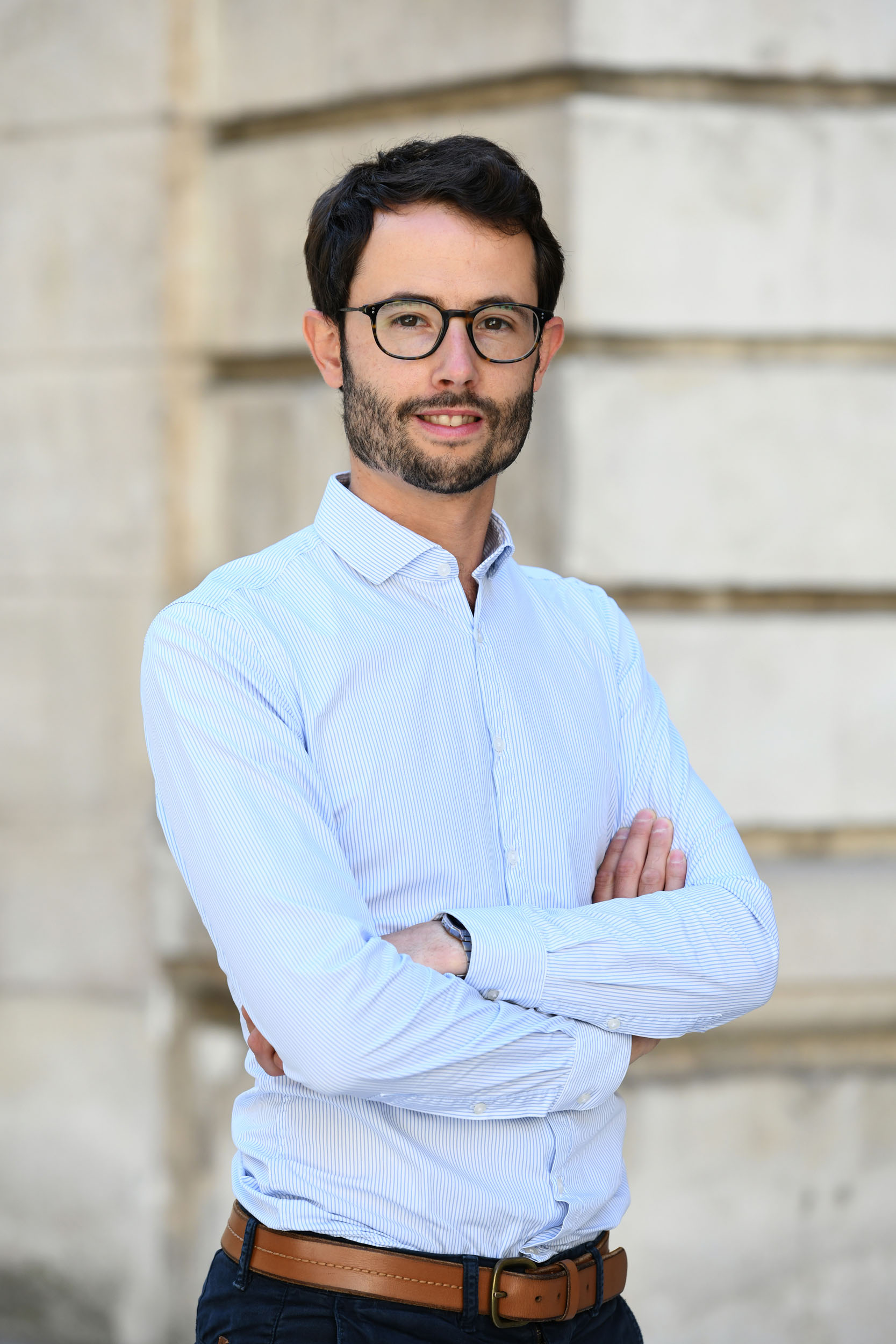.jpg)
Bertrand Maes is an engineer from the Ecole Centrale Paris. He first worked as a construction engineer on building sites, then as a real estate project manager for a transport company.
Ecological awareness led him to become involved in politics in 2019. He was elected deputy mayor of Lyon in June 2020, in charge of digital issues, general administration and relations with the various Lyon areas. On digital issues, he is committed to implementing a roadmap following crucial principles such as digital sobriety, sovereignty, and inclusion

A computer scientist by training, Guiako Obin founded Baby Lab in 2014, the first Fab Lab (Manufacturing Laboratory), which vision is to turn working class neighborhoods into potential hubs of technological innovation involving people under 16 years old. In 2016, Guiako represents Côte d'Ivoire in the Next Einstein Forum program of the African Institute of Science and Mathematics to promote African scientific and technological innovation on the international stage. He has participated in several high-level international meetings and leadership programs around the world generally focused on engaging African youth in digital social innovation for the continent. Guiako is the recipient of a dozen awards, including the 2017 Ivory Coast National Award of Excellence for Best Digital Youth Initiative. He was recently selected by the World Bank as one of the top 10 African Heroes of Social Inclusion.
-
 C1. The role of governments and all stakeholders in the promotion of ICTs for development
C1. The role of governments and all stakeholders in the promotion of ICTs for development
-
 C3. Access to information and knowledge
C3. Access to information and knowledge
-
 C8. Cultural diversity and identity, linguistic diversity and local content
C8. Cultural diversity and identity, linguistic diversity and local content
-
 C10. Ethical dimensions of the Information Society
C10. Ethical dimensions of the Information Society
-
 Goal 9: Build resilient infrastructure, promote sustainable industrialization and foster innovation
Goal 9: Build resilient infrastructure, promote sustainable industrialization and foster innovation
-
 Goal 10: Reduce inequality within and among countries
Goal 10: Reduce inequality within and among countries
-
 Goal 11: Make cities inclusive, safe, resilient and sustainable
Goal 11: Make cities inclusive, safe, resilient and sustainable
If cities manage to roll-out inclusive and environmental-friendly digital technologies, they will contribute to:
- develop inclusive and sustainable infrastructure to support the economic development and human well-being (SDG 9.1)
- make infrastructure sustainable with clean and environmentally sound technologies (SDG 9.4)
- empower and promote the social, economic and political inclusion of all (SDG 10.2)
- increase the number of cities and human settlements adopting and implementing integrated policies and plans towards inclusion, and resource efficiency (SDG 11.9).
